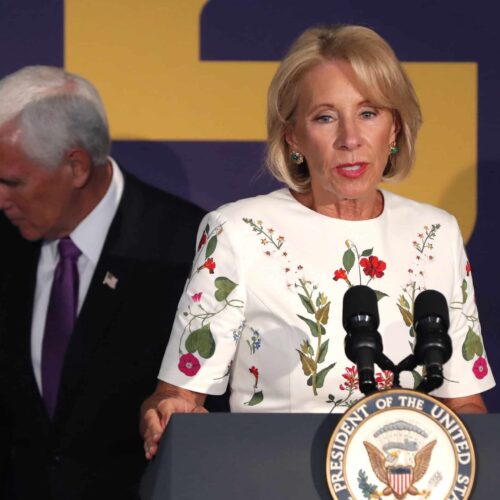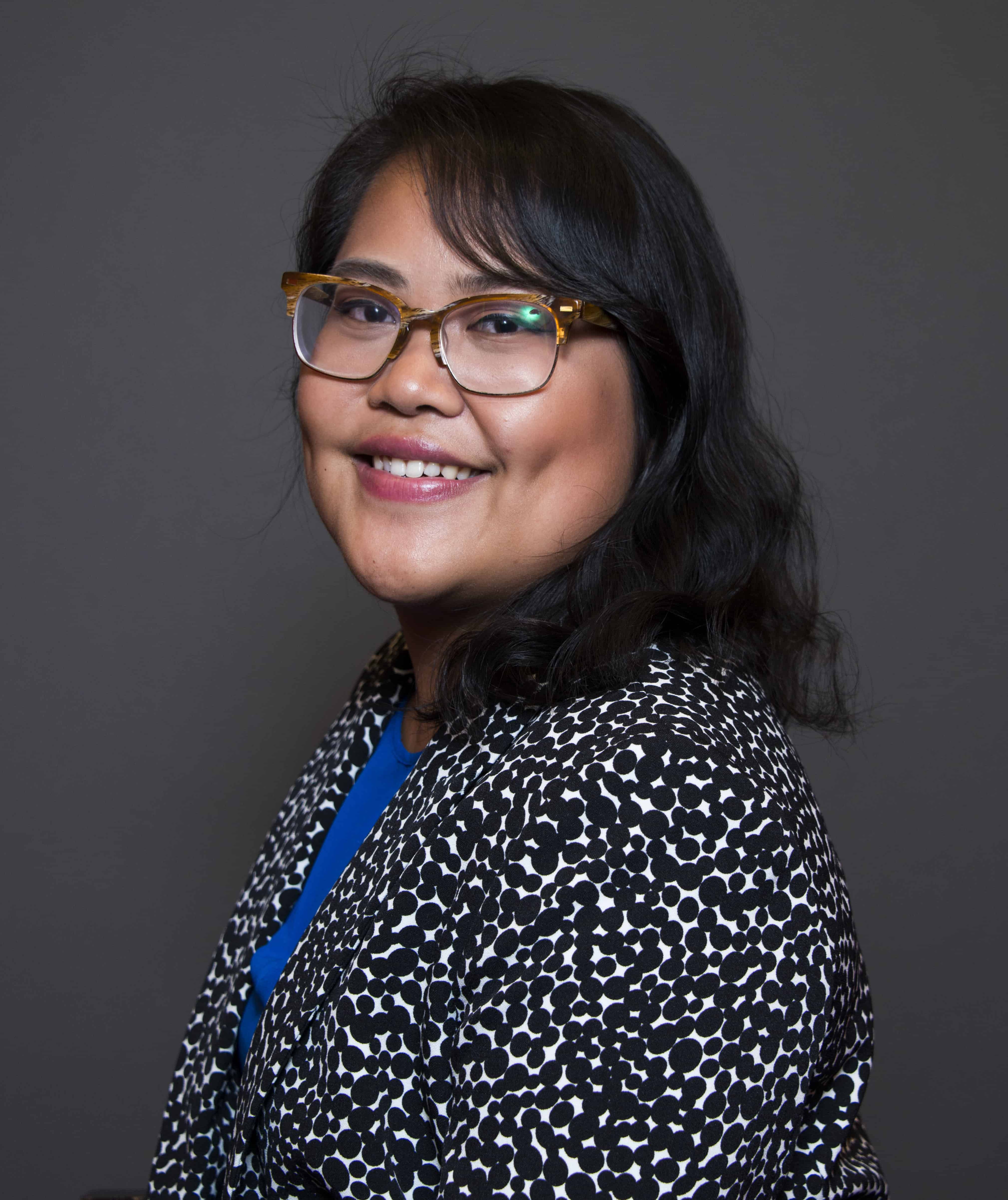Introduction
Hi Watchdogs, and welcome back to your favorite newsletter. ✨This week, we’re highlighting exclusive White House documents we obtained related to the coronavirus, breaking down the conversation around the future of education and the latest from our partners at Vox on how deregulation affects nursing homes. Let’s dive in.
🚨Exclusive: We obtained unpublicized documents prepared for the White House Coronavirus Task Force. The report recommends that 18 states in the coronavirus “red zone” for cases roll back reopening measures amid surging numbers. The 18 states in the “red zone” for coronavirus cases means they had more than 100 new cases per 100,000 population last week.
Eleven states are in the “red zone” for test positivity. That means more than 10 percent of diagnostic test results came back positive.
The document also suggests more than a dozen states revert to more stringent protective measures, including limiting social gatherings, closing bars and gyms and asking residents to wear masks at all times. But not all states are taking the task force’s guidelines seriously.
Kellyanne Conway mentioned our reporting at a press conference today. She said, “respectfully the Center for Public Integrity is an outside organization that I’m sure doesn’t support the president’s re-election. And they’re gonna say we’re not political. Good luck and neither is planned parenthood I’m sure. And a lot of your polling. Meaning all of you,” she said gesturing to the press.
Check out our story and see for yourself. And check back on our site for a follow-up.
Scoops like this take work. Still, we don’t keep this reporting to ourselves because we share it with local newsrooms too. Help us continue our work.
We can’t do this work without your support.
Schooool’s out — for…ever? Just kidding, but actually 🤔.
A lot of you are wondering how safe a return to school will be this fall. In short, it’s still a hot mess. The Centers for Disease Control and Prevention have separate guidelines for in-person gatherings and school reopenings, saying that full-sized classrooms pose the highest risk. The CDC says virtual classes remain the safest option.
But it’s not that simple. Virtual classrooms also widen the education gap.
One example: Jackson Public Schools in Mississippi, where 95% of the students are Black and just as many are low-income. The community was already working to overcome a long history of racial inequities when George Floyd’s death triggered national protests to address systemic racism. On top of that, they had the pandemic to worry about.
Some students didn’t have internet access or parents available to help with classwork. Some teachers had trouble getting online, too. (via the Wall Street Journal)
More background on Mississippi: We reported that, year after year, hundreds of Black students in the state’s segregated schools slip into adulthood without the skills they need to compete for jobs.
A look at Israeli schools: On May 17, Israel reported only 10 new COVID-19 cases. It seemed like the virus was mostly defeated.
Prime Minister Benjamin Netanyahu announced that Israel would experiment with school reopenings in which children in first, second and third grade would be taught in small, non-intersecting groups. Now, new Israeli data show that school reopenings wiped out lockdown progress. (via The Daily Beast)
Do you think students should go back to school in the fall? Reply to let us know.
Related: California sues Betsy DeVos over rule steering coronavirus aid to private schools. (via EdSource)
Meanwhile, the Department of Homeland Security and U.S. Immigration and Customs Enforcement have agreed to rescind a policy that would bar international students residing in the U.S. from taking online-only courses, the Harvard Crimson reports.
The policy was reversed amid pressure from universities. Harvard and MIT sued the Trump administration over the rule, as did the state of New York.
Students on the ground also took matters into their own hands. Sumana Kaluvai, a recent UCLA graduate, made a Google doc to connect international students to American students to see if they could swap an online class for an in-person lab or workshop. While it was a temporary solution, the doc blew up practically overnight and amassed millions of views. (via The Lily)
From our Editor-in-Chief, Matt DiRenzio: More than 100 followers of our journalism responded this week with thoughtful replies to an email seeking advice as I get started in the editor in chief job at Public Integrity.
They reflected deep and urgent concern about the life-or-death stakes of our country’s response to COVID-19, and how information is being withheld from the public.
The emails I received expressed concern, support and urged us to stay true to Public Integrity’s roots and mission of fearless, nonpartisanship, play-it-straight investigative reporting.
Whether broad guidance, or specific areas of coverage you’d like to see, I’d love to hear your feedback as well. You can reach me at mderienzo@publicintegrity.org.
Tightened visa restrictions are making it harder for non-U.S. citizens to study and find work in America — and that was even before the latest head-turning moves by the Trump administration.
This week we talk to Kaidi “Ruby” Yuan, a recent University of Southern California graduate now interning at the Los Angeles Times, about the particular challenges facing foreigners vying for U.S. journalism jobs.
(*Interview condensed & lightly edited for clarity)
You wrote a piece on how it feels nearly impossible to get visas to work as journalists in America. What did you find?
My analysis shows that the vast majority of U.S. newsrooms filed 10 or fewer H1-B visa sponsorships for journalism-related jobs in the past three years. Given that there are around 22k-24k international students in the United States with a major in communications and journalism, that’s really low, especially considered against applications for software developers, accountants or auditors.
Some might argue that that’s reflective of current media conditions where many American journalists are losing jobs. Do you think that’s fair?
I would argue that has a dangerous premise by assuming non-citizen journalists are burdens to the newsroom. It’s the same argument that having a diverse and inclusive newsroom is something to be considered only during good times. When a non-citizen journalist joins a U.S. newsroom, the journalist is bringing their valuable and unique perspective in addition to all kinds of stated job qualifications. For example, it’s very frustrating and disappointing to see the coverage of COVID-19 from major U.S. news media in February, March and April, such as asymptomatic transmission and usage of the face mask. During those three months, almost nothing reported by the U.S. media about COVID-19 was news to the Chinese people. In March and April, parents and grandparents in China could not believe American people and media treated asymptomatic transmissions and wearing face masks as new findings. These perspectives, not just related to foreign or cultural stories but also related to mindsets and creativity, are valuable assets of solving the crisis that the news industry is facing.
How’d you get interested in journalism, and what made you think about studying it and pursuing it in America?
I grew up in Wuhan, China, and I was always interested in history and politics. But I didn’t want to already have it censored for me by the Great Firewall. In China, you quickly learn, for exams, to answer a certain way for history questions — that’s how you get points — but I think some questions should have open-ended questions. Then I came to U.S for high school and started enjoying the high school paper. It got me interested and excited about finding information that others don’t know about. I’m a person who values reputation or fame more than money.
I love journalism and want a journalism career in the United States. It’s my passion and dream. I’ve worked really hard to win awards and scholarships to help my cause, but the tremendous amount of work and risk has made me stop recommending other international students major in this field. The barriers are just too high. The situation is more difficult for those who are from countries like China, where the media environment is drastically different. If I end up going back to China, I will not be a journalist. I’ll maybe do PR or consulting.
What else we published this week: The latest story in our collaboration with Vox explains how Trump administration rollbacks affect nursing homes whose residents are one of the most vulnerable populations during the pandemic. Read the full story here.
Join us and NextShark, a leading source covering Asian American News, for a nuanced conversation about race and building Asian and Black allyship in the time of COVID-19.
When: July 23rd at 5:30pm EST
Where: Register on Crowdcast.
Some topics we’ll be tackling in this discussion include:
- How the model minority myth affects all minorities
- How systemic racism pits people of color against each other
- A few history lessons your textbook might have skipped
Our panel of experts includes Executive Director Inhe Choi of Chicago’s HANA Center, Co-Executive Director M. Adams of Freedom, Inc., and Scot Nakagawa of ChangeLab. The discussion will be moderated by our CEO Susan Smith Richardson.
Another note from our readers: Someone emailed us last week and said that they would have liked info on House Speaker Nancy Pelosi and other Democrats that also benefited from Paycheck Protection Program loans.
ICYMI: A firm linked to Pelosi’s husband got a virus loan. (via The Washington Post)
Full disclosure: We received a PPP loan to help keep our nonprofit newsroom going. But that didn’t prevent us from suing the Small Business Administration for more information regarding the loans. We’ll be back with more updates.
That’s all we have for you, folks. Have you heard of the fox in Washington, D.C. scooping up copies of the Washington Post? I’ll be thinking about that all day. 🦊 See you next week.
Read more in Inside Public Integrity
Watchdog newsletter
Words matter: Was the attack on the Capitol a rally, protest or insurrection?
The question remains how history will record the events that resulted in mayhem at the U.S. Capitol.


Join the conversation
Show Comments